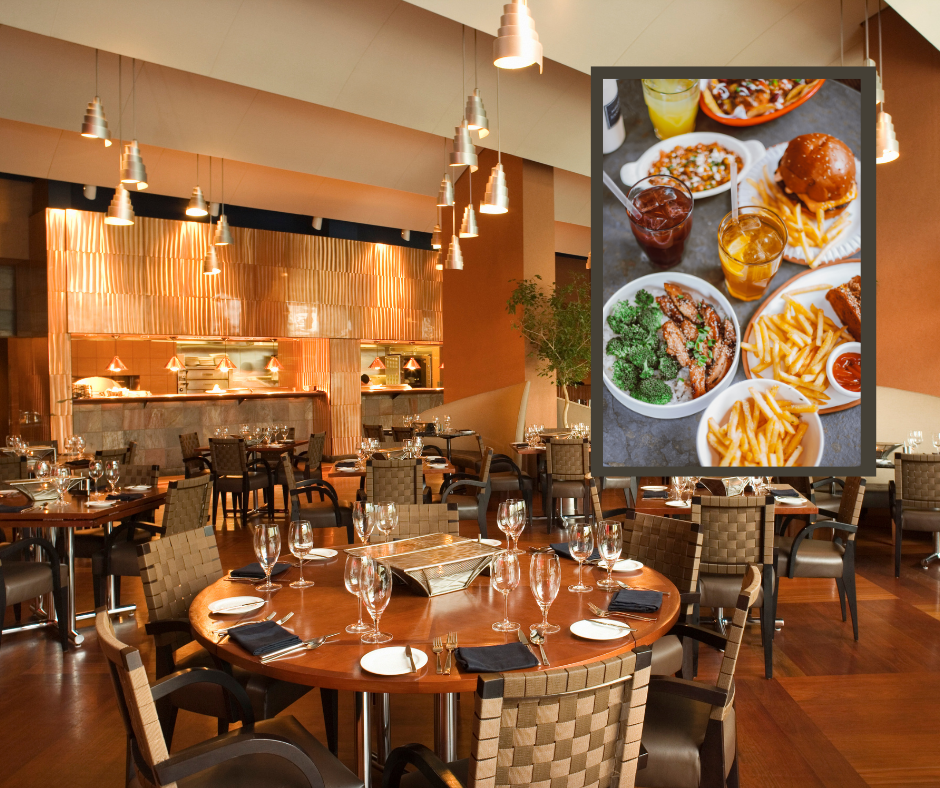As of the latest guidelines, the IRS rules regarding the deductibility of meals and entertainment expenses as business expenditures have been shaped significantly by the Tax Cuts and Jobs Act (TCJA) of 2017 and subsequent clarifications. Here are the key points:
Meals:
- 50% Deduction: Generally, businesses can deduct 50% of the cost of meals provided that:
- The meal is directly related to the active conduct of business.
- The taxpayer (or an employee of the taxpayer) is present at the furnishing of the food or beverages.
- The food and beverages are not considered lavish or extravagant under the circumstances.
- 100% Deduction for Certain Meals: Some meal expenses are fully deductible, such as:
- Meals provided to employees as part of a company event (e.g., company picnics, holiday parties).
- Meals provided for the convenience of the employer (e.g., meals provided to employees who must stay on the premises for on-call situations).
- Temporary 100% Deduction (2021 and 2022): The Consolidated Appropriations Act, 2021, temporarily allows a 100% deduction for business meals provided by restaurants. This measure was intended to aid the restaurant industry during the COVID-19 pandemic.
Entertainment:
- No Deduction: Entertainment expenses are generally not deductible. This includes costs for activities considered entertainment, amusement, or recreation (e.g., tickets to sporting events, golf club memberships).
- Exceptions:
- Entertainment expenses that are treated as compensation to an employee and reported on the employee’s W-2.
- Expenses that are directly related to business meetings of employees, stockholders, agents, or directors.
- Expenses for recreational, social, or similar activities (including facilities) primarily for the benefit of employees (e.g., employee holiday parties or company picnics).
Recordkeeping:
Proper documentation is essential to substantiate meal and entertainment expenses. Businesses must keep detailed records including:
- The amount of the expense.
- The date and place of the meal or entertainment.
- The business purpose of the expense.
- The business relationship of the persons involved.
Practical Application:
- Meals with Clients/Customers: Deductible at 50% if business is discussed.
- Office Snacks: Typically deductible at 50% unless provided for the convenience of the employer.
- Employee Meals during Travel: Deductible at 50%.
- Entertainment Expenses: Generally non-deductible unless falling under specific exceptions.
It’s important for businesses to consult with tax professionals or refer to IRS publications such as IRS Publication 463 for comprehensive guidelines and updates.
Here are the authoritative sources with HTML links for information on the deductibility of business meals and entertainment expenses:
- Internal Revenue Code (IRC):
- IRC Section 274: This section outlines the rules and limitations for the deductibility of meals and entertainment expenses.
- IRC Section 132(e): Addresses de minimis fringe benefits, which can include certain meal expenses.
- IRS Publications and Notices:
- IRS Publication 463 (Travel, Entertainment, Gift, and Car Expenses): Provides detailed information about what qualifies as deductible travel, meal, and entertainment expenses and the necessary recordkeeping requirements.
- IRS Notice 2018-76: Offers guidance on the deductibility of expenses for business meals under Section 274 as amended by the TCJA.
- IRS FAQs on Deducting Business Meals: Clarifies how the rules apply to different scenarios, particularly in light of changes from the TCJA and the Consolidated Appropriations Act, 2021.
- IRS Revenue Procedures and Regulations:
- Treasury Regulations (26 CFR Part 1, Section 274): Provides additional details and interpretations of the tax code provisions.
These sources provide comprehensive guidance and authoritative information on the current IRS rules regarding the deductibility of business meals and entertainment expenses.






